TPO - The Ho Chi Minh City Department of Transport has proposed to collect fees for cars entering the city center after the construction and operation of metro lines 1, 2, 3, 4, 5, 6 and 7.
The Ho Chi Minh City Department of Transport has just submitted to the City People's Committee a report reviewing the progress of implementing the work program for the first 6 months of 2024. Notably, the Department has proposed not to collect fees for cars entering the city center according to the project "Collecting fees for cars traveling into the central area of Ho Chi Minh City".
According to the Department of Transport of Ho Chi Minh City, in the draft explanation of the Project to adjust the general planning of Ho Chi Minh City to 2040, with a vision to 2060 proposed by the Department of Planning and Architecture, it is stated that: With the goal of prioritizing the development of public transport, the restriction of personal traffic is implemented through the collection of car fees, especially in the central area of the city. Accordingly, car fees will be collected in areas including District 1 and part of District 3 in the first phase before 2030 and the toll collection area will be expanded to the inner belt of the metro system (line 6) when metro lines 1, 2, 3, 4, 5, 6, 7 are completed in the central area and put into operation.
Therefore, the organization and implementation of investment in the toll collection system for cars entering the city center should be considered according to a roadmap suitable to the ability to meet the infrastructure conditions and capacity of the public transport system.
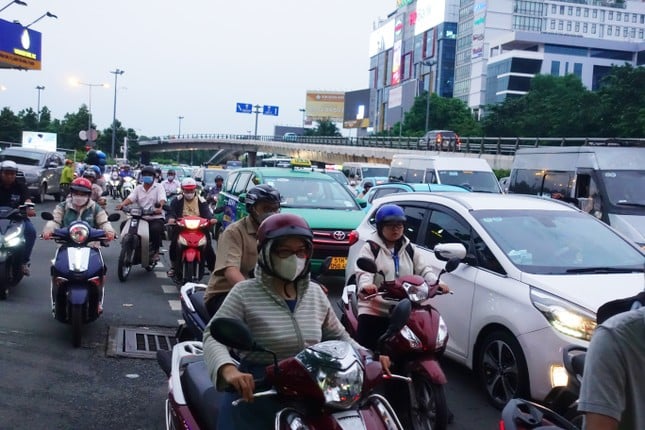 |
The Ho Chi Minh City Department of Transport has proposed to collect fees for cars entering the city center after the construction and operation of metro lines 1, 2, 3, 4, 5, 6 and 7. (Illustration photo) |
Previously, the Department of Transport of Ho Chi Minh City said that the plan to collect fees for cars entering the city center is one of the solutions in sync with the solution groups under the Project "Strengthening public passenger transport combined with controlling personal vehicles participating in traffic in Ho Chi Minh City" which has been approved. This is a solution to control the use of personal motor vehicles participating in traffic, contributing to reducing traffic congestion and reinvesting in traffic infrastructure.
According to the Department of Transport, the Department has assigned the Urban Traffic Management and Operation Center to study and evaluate the traffic situation in the city in general and the city center in particular in terms of the current status of traffic infrastructure planning; traffic speed of routes in the city center; forecast the growth potential of personal vehicles, the response rate of the public transport system, and forecast the traffic situation in the area in the coming time to propose implementation plans.
According to the Department of Transport, charging fees for cars entering the city centre will affect the traffic situation, people's travel needs and many aspects of society. Therefore, the Project will be carefully studied, consulted with functional units and leading experts to conduct social criticism and propose specific solutions to ensure legality and science in accordance with infrastructure conditions and capacity of the public transport system.
In addition, the city will prioritize the development and completion of parking lots in the belt area, strengthening the public passenger transport system and utilities serving passengers using public transport.
Ho Chi Minh City aims to complete metro lines 1 (Ben Thanh - Suoi Tien) and 2 (Ben Thanh - Tham Luong) by 2030.
By 2035, the construction of other metro lines will be completed, including: Line 3 (Hiep Binh Phuoc - Dan Chu roundabout - Tan Kien - An Ha) 29.5 km long; Line 4 (Dong Thanh - Ben Thanh depot - Ba Chiem station, Ring Road 3) 36.8 km long; Line 5 (Vo Chi Cong station, Ring Road 2 - Bay Hien intersection - Da Phuoc depot) 32.5 km long; Line 6 (Ba Queo - Tan Son Nhat airport - Binh Trieu - Phu Huu) 22.8 km long.
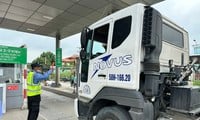

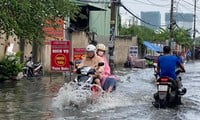
Source: https://tienphong.vn/khi-nao-trien-khai-thu-phi-o-to-vao-trung-tam-tphcm-post1677259.tpo






























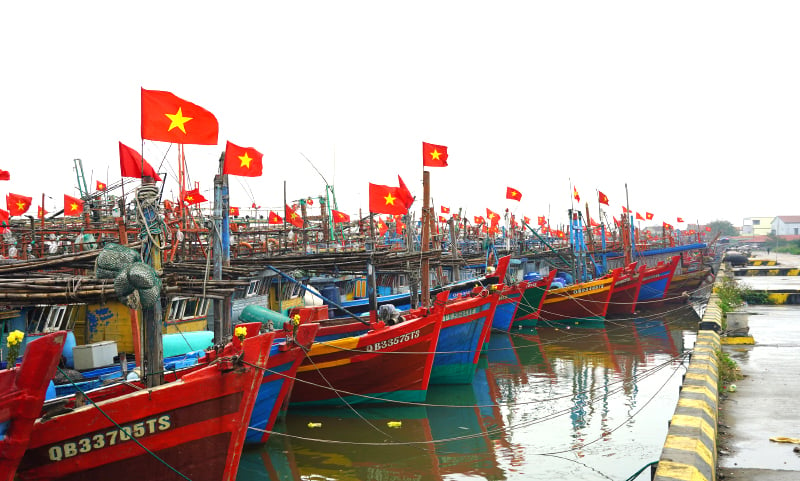

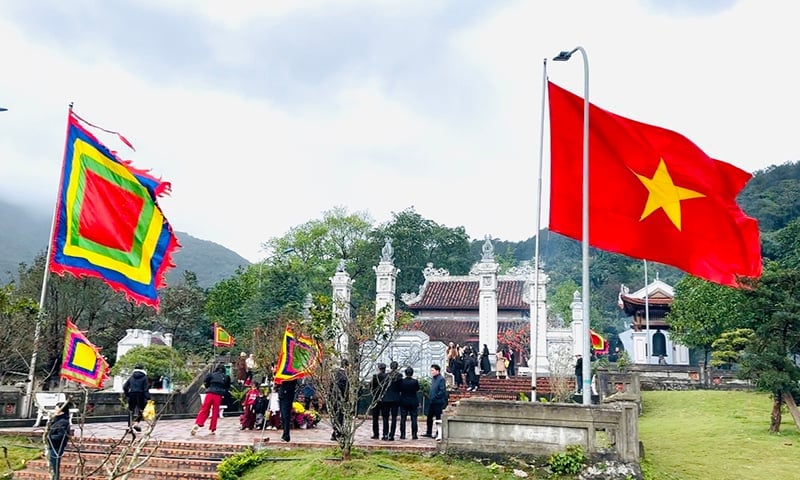
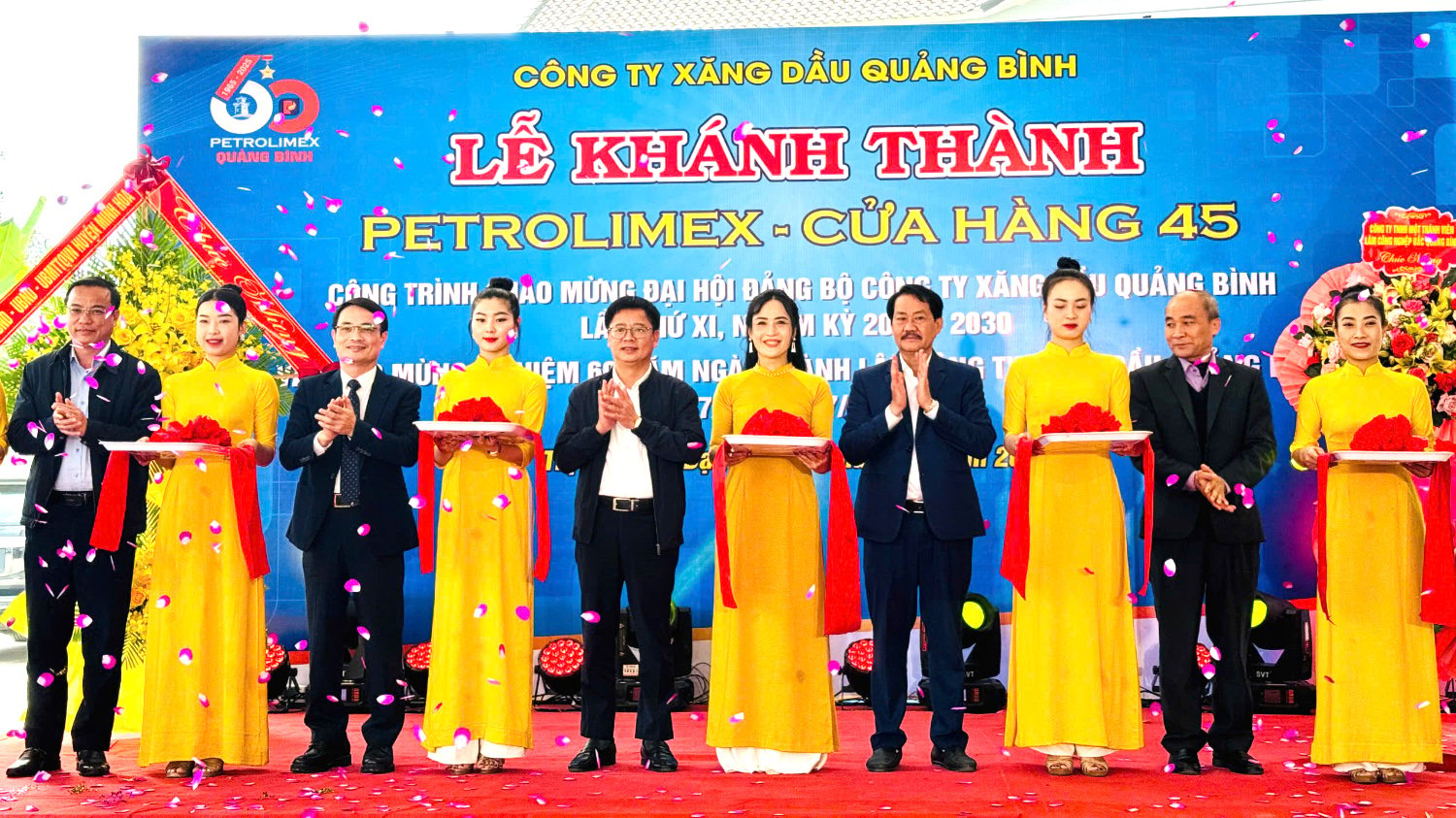
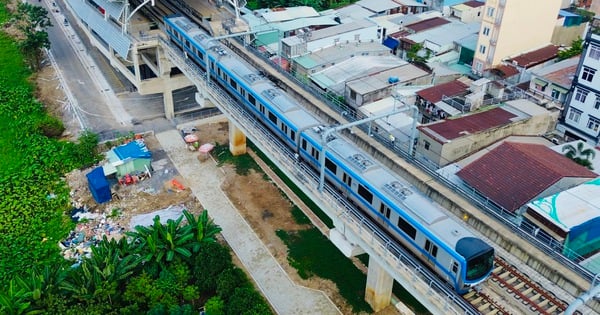

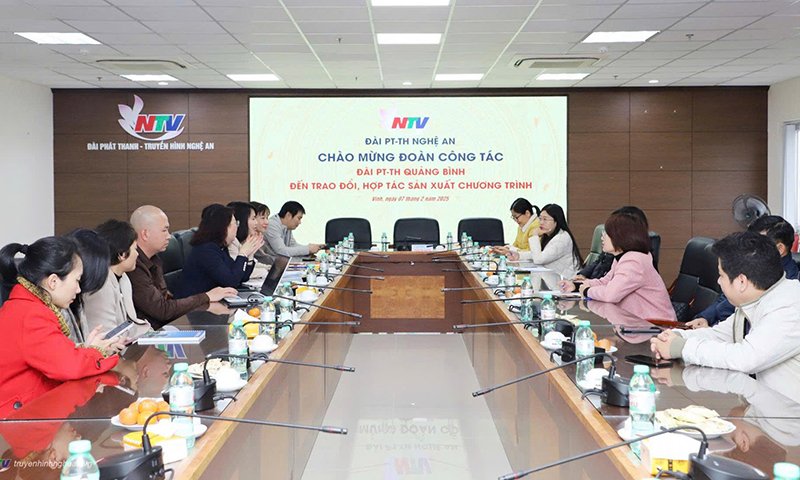




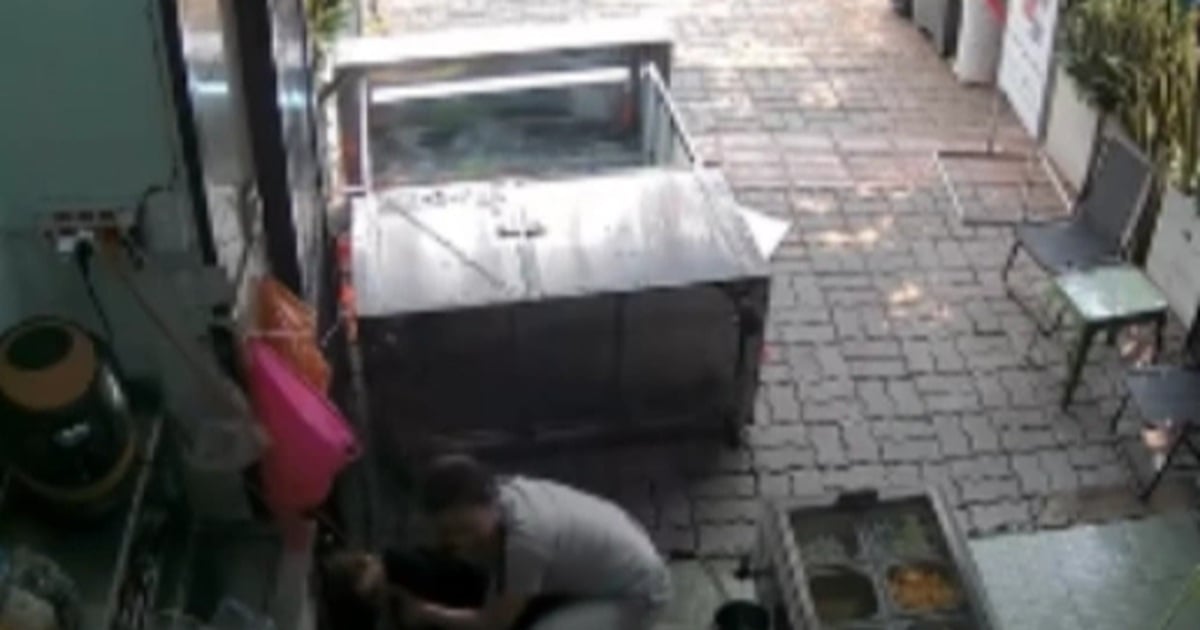


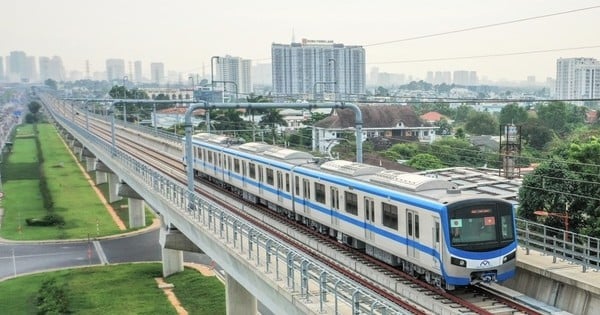

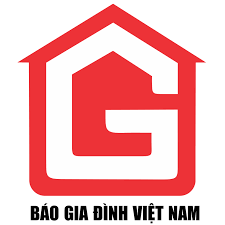

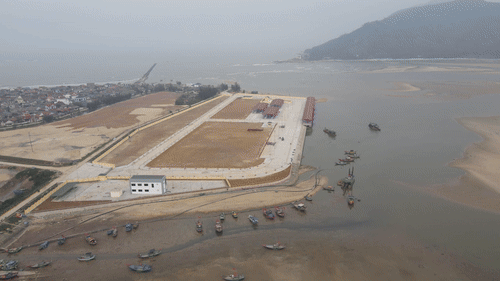



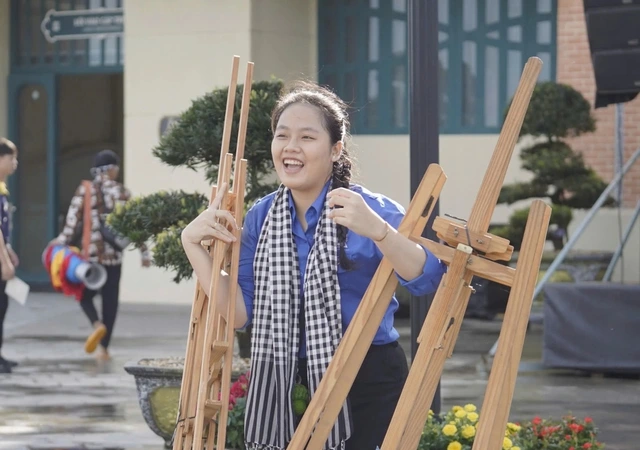

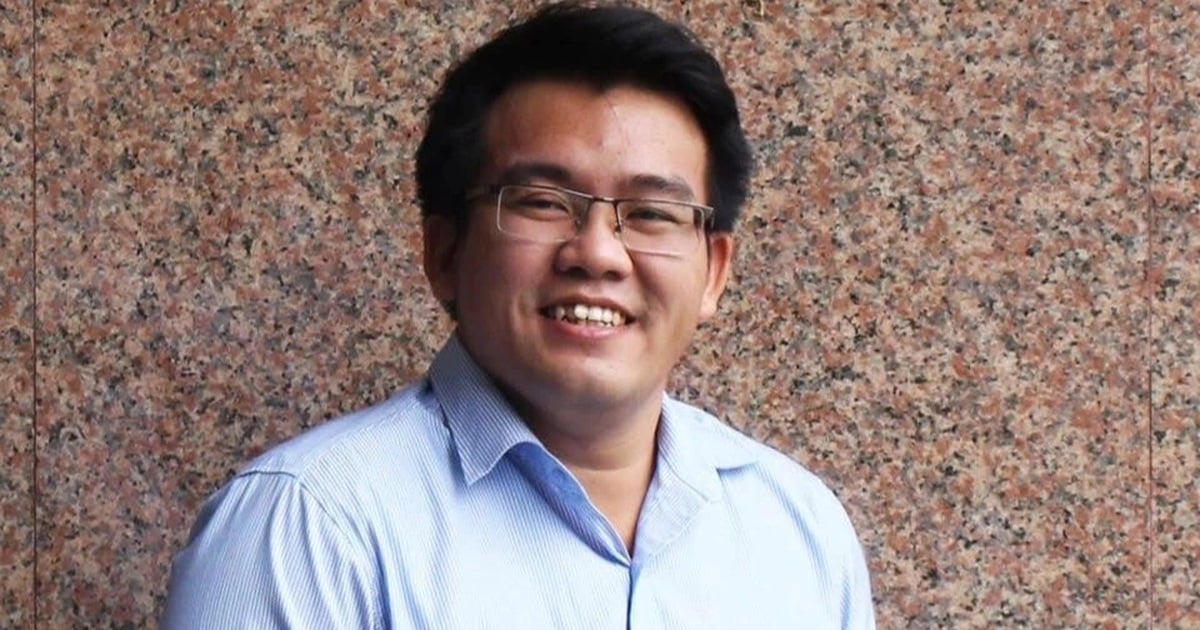







Comment (0)